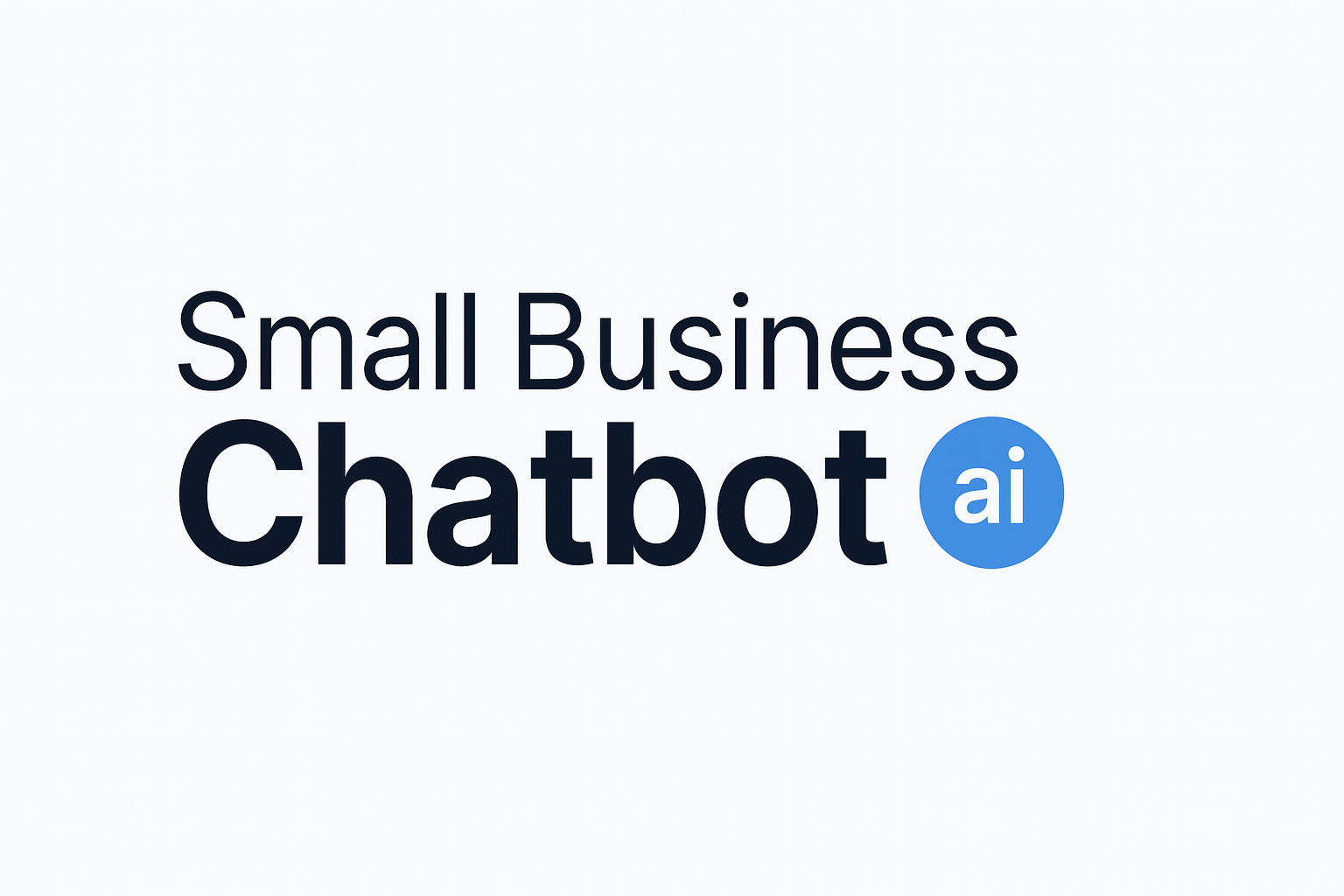Short on time, not a tech expert, but need to get things done online? This guide shows you the easy setup tools that help you launch a website, sell online, automate tasks, and reply to customers without hiring a developer.
Research highlight
- [1] There are 36.2 million small businesses in the U.S., employing about 46% of private‑sector workers (SBA Office of Advocacy, 2025).
- [2] 58% of small businesses say they use generative AI, and among those, 82% grew headcount in the last year (U.S. Chamber of Commerce, 2025).
- [3] 83% of CX leaders using generative AI report positive ROI (Zendesk CX Trends, 2024).
Sources: [1] U.S. Small Business Administration Office of Advocacy (2025); [2] U.S. Chamber of Commerce, Empowering Small Business (2025); [3] Zendesk CX Trends (2024). (advocacy.sba.gov)
Why easy setup tools now
No‑code and low‑code software put powerful capabilities behind simple interfaces. You can drag‑and‑drop pages, switch on payments, or automate follow‑ups in minutes. The market keeps expanding too: Gartner forecasts the low‑code application platform segment to reach $16.5B by 2027 as buyers expect faster delivery and built‑in AI. (Gartner, 2024). (gartner.com)
- Speed: Launch in days, not months.
- Lower cost: Subscription pricing beats big up‑front builds.
- Control: Update content and workflows yourself.
- Scale: Add features as you grow—no rebuild required.
Website builders and online stores
Website builders
Create a professional site quickly with these drag‑and‑drop options:
- Wix — flexible designs and a large template library.
- Squarespace — polished templates for visually driven brands.
E‑commerce platforms
Sell online with secure checkout, shipping, and inventory baked in:
- Shopify — all‑in‑one store with a massive app ecosystem.
- WooCommerce — great if you already use WordPress.
- BigCommerce — strong for multi‑channel and B2B features.
Customer service and communication
Quick win: Add a chatbot to answer FAQs, capture leads, and route complex questions to your inbox—no code required.
AI‑powered chatbots
Modern chatbots handle common questions instantly and escalate the rest. Consumers increasingly expect fast, expert answers; Zendesk reports that many customers now expect bots to match skilled agents, while most CX leaders using generative AI already see ROI. (Zendesk, 2024). (zendesk.com)
Try Small Business Chatbot free
Email marketing
Email is still a dependable revenue channel for small businesses. Multiple analyses place average ROI around $36 for every $1 spent when done well—think segmented, relevant messages. (Forbes Advisor, 2024). (forbes.com)
- Mailchimp — templates and simple automation.
- Constant Contact — strong for events and small lists.
Social media scheduling
Operations and productivity apps
Accounting
- QuickBooks Online — bank feeds, invoices, and tax basics.
- Wave — simple bookkeeping for very small teams.
- Xero — unlimited users and strong multi‑currency.
CRM (customer relationship management)
Track leads, deals, and follow‑ups without heavy admin.
Tip: Connect your chatbot and CRM so web conversations create contacts automatically. See Small Business Chatbot integrations.
Security and privacy basics (non‑technical)
Choose tools with security on by default: SSL, role‑based access, built‑in backups, and MFA. The U.S. Cybersecurity and Infrastructure Security Agency (CISA) publishes a Small Business Cyber Guidance playbook that emphasizes cloud email, device security, and phishing‑resistant authentication (FIDO). Updated April 2024. (cisa.gov)
- Turn on MFA everywhere; use authenticator apps or security keys when possible.
- Use single sign‑on (SSO) if your plan includes it; CISA highlighted common SMB barriers and ways to overcome them in 2024. (CISA, 2024). (cisa.gov)
- Limit admin accounts; review access monthly.
- Keep invoices and customer data in approved systems—avoid email attachments.
How to choose the right tools (a simple scorecard)
When you evaluate software, score each item 1–5 on the criteria below. Pick the highest total that still fits your budget.
- Time‑to‑value: Can you set it up in under 1 hour?
- Ease of use: Plain‑language menus, templates, and a visual editor.
- Support: Live chat or same‑day email; helpful tutorials.
- Security: MFA, encryption, clear data export.
- Integrations: Works with your website, email, and CRM.
- Total cost: Monthly fee + add‑ons + your time to run it.
A 30‑minute starter stack (step‑by‑step)
- Buy a domain from your registrar and point it at your website builder.
- Build your homepage with a clear headline, 3 benefits, and a single CTA.
- Enable payments (Stripe/PayPal) inside your store platform.
- Add your chatbot to answer FAQs and capture leads in minutes. Add Small Business Chatbot
- Connect email so new contacts get a welcome message and coupon.
- Turn on basic analytics to track visits, conversion, and signups.
Want proof it works? See how owners like you use automation and chat to respond faster and sell more: customer reviews.
Prove ROI and avoid shelfware
Start with one job to be done: “Answer pre‑sale questions 24/7,” or “Send a weekly offer to past buyers.” Track time saved, leads captured, and sales closed.
- Time saved: Many small business owners lose about 96 minutes a day to context‑switching and scattered tools; consolidating workflows can reclaim hours weekly. (Slack study via Salesforce, 2024). (salesforce.com)
- Leads and response time: Measure chat conversations, email signups, and median reply time.
- Revenue impact: For email, benchmark against the ~$36 per $1 spent average ROI and optimize from there. (Forbes Advisor, 2024). (forbes.com)
- Cost to serve: Use your chatbot for first‑line questions and route complex issues to a human—Zendesk finds CX leaders using genAI are already seeing ROI. (Zendesk, 2024). (zendesk.com)
Frequently asked questions for non‑tech‑savvy business owners
1) I’ve never built a website. How long will it take?
With a drag‑and‑drop builder and a pre‑made template, most owners can publish a basic homepage in under a day. Start simple: logo, headline, services, hours, and a contact method.
2) Do I need a developer to add a chatbot?
No. Most chatbots install by pasting a small code snippet or toggling an app in your website platform. You can customize common answers and capture leads without coding.
3) What if I choose the wrong tool?
Pick monthly plans at first and use the scorecard above. If a tool takes more than an hour to set up or you don’t use it weekly, cancel before renewal.
4) Will these tools protect customer data?
Look for vendors that support MFA, encryption, export controls, and clear privacy policies. CISA’s small‑business guidance is a good baseline to follow. (CISA, 2024). (cisa.gov)
5) How do I avoid paying for overlapping apps?
Start with your must‑haves (site, payments, chat, email). Add only when there’s a clear business case—e.g., CRM to track a growing sales pipeline.
6) Is email marketing still worth it?
Yes—especially for repeat business. The channel remains cost‑effective for small budgets; aim for relevant, permission‑based messages and test subject lines. (Forbes Advisor, 2024). (forbes.com)



